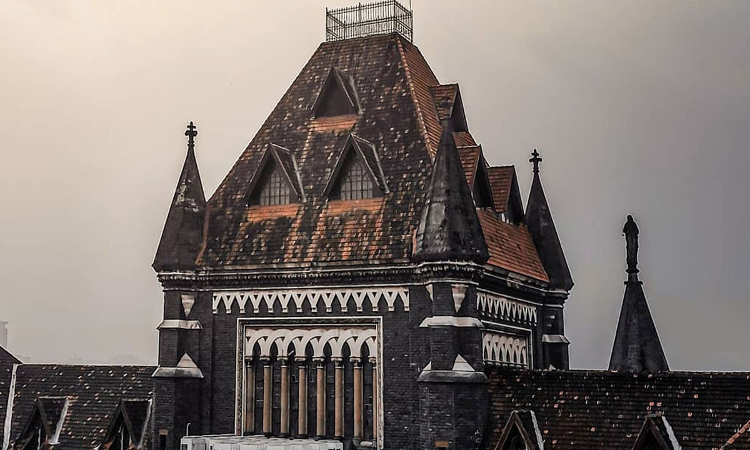The Bombay High Court has ruled that orders, instructions or directions issued by the CBDT under Section 119 or under the Explanation to Section 279 (6) of the Income Tax Act, 1961, cannot put fetters on the power of income tax authorities under Section 279(2) to consider an application for compounding of offence, by prescribing a period of limitation. The bench of Justices Dhiraj...

